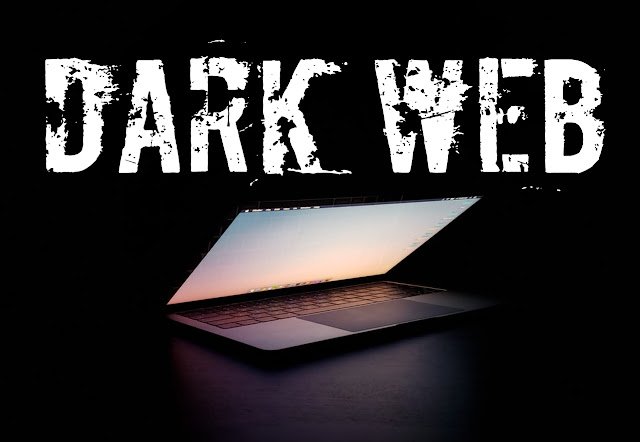And this is called the surface web or the clear net. Basically it's the part of the web you can Google. It's publicly visible, it's indexed by search engines, and it's what most of us think of when we think of the internet.
But the clear net is just a small fraction of the information stored online. Below the clear net is the deep web. The deep web is the biggest layer of all. How big? Well some estimates suggest it could be four to 500 times bigger than the surface web. The deep web is composed of things like the files in our Drop box and Google drive accounts. Bank and medical records under password, and the content stored behind membership pay walls like Netflix and Spotify. This stuff doesn't come up in public search results but we still interact with it. It's private but it's not especially dark. The clear net and the deep web have this in common.
Your online activity is traceable. Wherever you go it can be linked back to your IP address. You can think of your IP address as a license plate for your computer. It follows you everywhere. In fact you need it just to send and receive information over the web. So, if someone knows your IP address and know what they're doing they can track down which websites you visit and where in the world you're logging in from. Unless you go a little deeper, all the way down to the dark web.
Now the dark web is really just a subsection of the deep web, the part of the web you can't access with public searches. The main difference is that it's completely unreachable using conventional web browsers. You can't stumble onto one of them using a standard web browser like Chrome.
To find a dark web site you need a special browser. The most popular is called Tor, T-O-R, it stands for the onion router. Now explaining how Tor works can get a bit technical but the big picture is this. It makes all your web activity completely anonymous by making your IP address untraceable. And the reason it's called the onion router is because it creates layers and layers of encryption around the information you send through the network. Like an onion.
Ultimately the dark web isn't so much a place as it is a way of navigating invisibly through the deep web. Any computer or server connected to the internet can be configured with these anonymous routing protocols. Tor can be used by anyone from a journalist who's working within a government with excessive surveillance to someone who wants to blow the whistle securely, anonymously, and also by people who want to avoid trackers, advertisers, and others that would otherwise monitor their traffic. So you could say that the legitimate use comes at a cost. So I think you would be better off trying to battle the specific uses that are illegal and to battle the specific users than to attack the technology.

Post a Comment